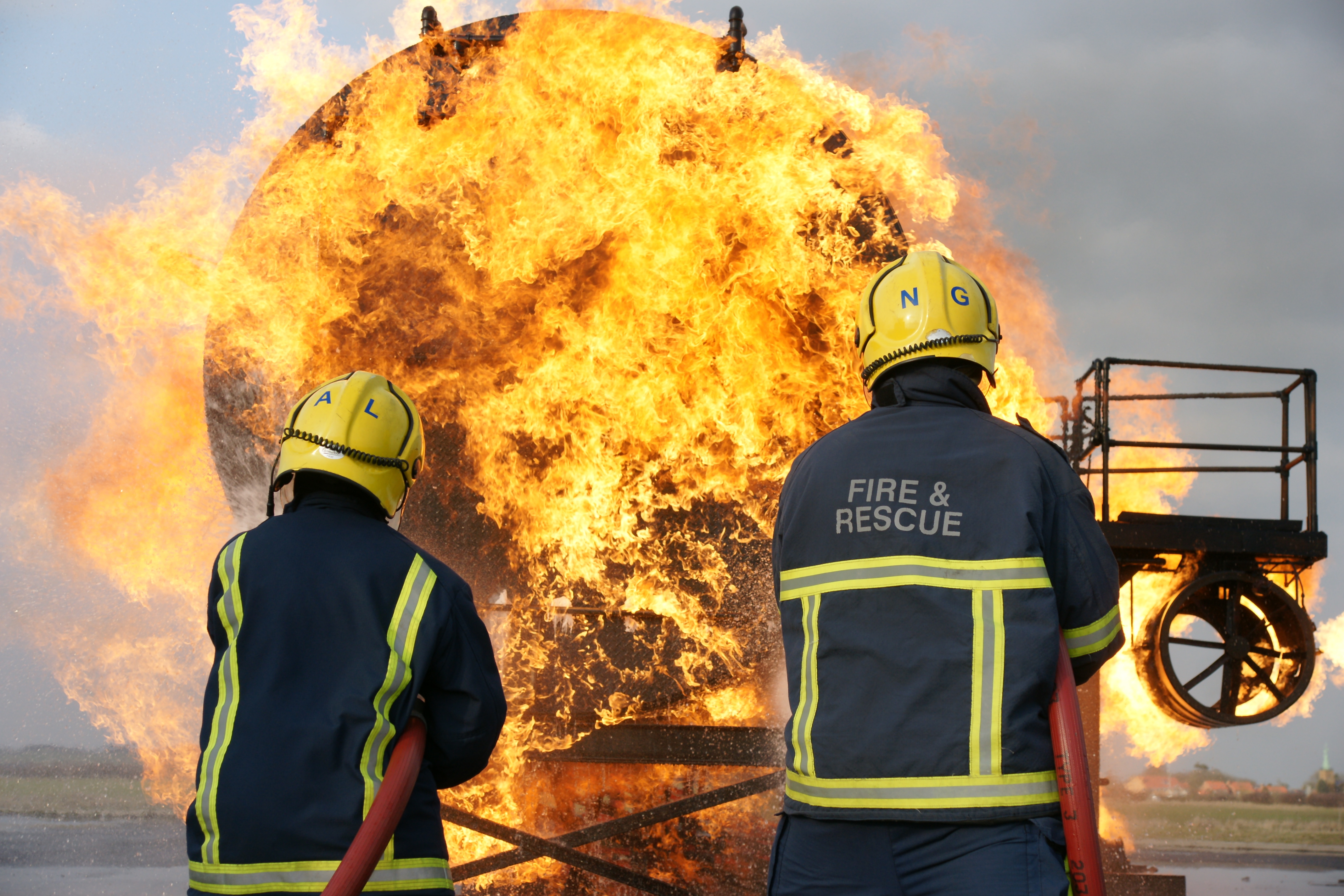Common Challenges in a Product Liability Case
You have legal rights if you or someone you love has been injured due to a defective product in West Virginia. It may seem intimidating to file a products liability case against a manufacturer or other corporation, but a skilled personal injury attorney can help you obtain the compensation you deserve to pay for medical care, lost time from work, and pain and suffering.
Since most organizations and their insurance companies have deep pockets, they often won’t offer a fair settlement right away. In fact, some may attempt to deny fault, blame someone else, or settle for a nuisance value to close a case quickly. If you can show negligence and bypass some common challenges, your attorney should be able to safeguard your rights and help you obtain a positive case outcome.
What You Need to Win a Product Liability Case
When you have a products liability claim in West Virginia, you will need to prove several things under the state’s tort system. First, you must have been injured and suffered losses. Second, you must show that the product was defective. Third, you will need to prove that the product caused your injury. Finally, you must establish that you were using the product as intended.
Common Challenges in a Products Liability Case
The elements needed to win a product liability case are the source of several challenges associated with these claims. Some of those challenges include:
- Proving Losses. Almost getting hurt or having a close call isn’t sufficient to file and win a traditional products liability case. You will not be able to collect damages if you can’t show injury or economic losses.
- Was the Product Defective? Accidents happen, and they don’t always involve defective products. If a power tool fell off a shelf and caused injury, the cause probably wasn’t a defective power tool but instead poor placement on the shelf. Proving that a product is defective can involve showing that there was a fault in the design or manufacturing of the product. Alternatively, a product may not have come with sufficient warning or labels to prevent an accident.
- Use as Intended. A product manufacturer may allege that you weren’t using the product as it was meant to be used. Even though a screwdriver was never intended to be used to open paint cans, this is something that a manufacturer can anticipate as a common use.
- Retaining Evidence. Depending on when and where the accident took place, you may face a challenge in holding onto the evidence. Having the defective product itself can be critical in the investigation of fault. Although products may be destroyed during the accident or disappear in the care of an employer, having this in your possession makes it easier to meet the burden of proof in court.
- Identifying a Supplier. In some cases, the party that sells a product could be held liable for damages. Identifying the seller can become difficult if the sale wasn’t documented or was many years in the past. In the case of pharmaceuticals, a company with the greatest “market share” in an area could be held responsible for damages.
- Punitive Damages. Proving punitive damages in product liability cases is particularly difficult thanks to restrictions under state law. A plaintiff must show that the manufacturer acted with actual malice toward the plaintiff or that they displayed a reckless or conscious disregard for the safety, welfare, and health of others.
What is a No-Injury Lawsuit?
There are now instances of many “no-injury” products liability claims related to defective products and recalls that don’t involve physical injury. Instead, plaintiffs are claiming economic losses related to reduced value of the product. In other words, the defect makes the product worth less.
The court’s treatment of these cases varies depending on the jurisdiction. Many courts are dismissing the lawsuits, particularly those brought as class actions. If you have suffered physical harm from a defective product and wish to pursue recovery, you should speak with a qualified products liability attorney.
Do You Have a Product Liability Case in West Virginia?
If you’ve been injured or lost a loved one resulting from a defective product, you may be entitled to compensation from the responsible party. At Bailey, Javins & Carter, LC, our products liability attorneys have experience helping victims and their families collect full and fair damages for losses related to dangerous products.
Even if there are challenges related to recovery, we will thoroughly investigate your claim, protect your legal rights, and advise you of your options. Contact our Charleston, Logan, or Summersville office now at 800-497-0234 or online to schedule a free consultation.





